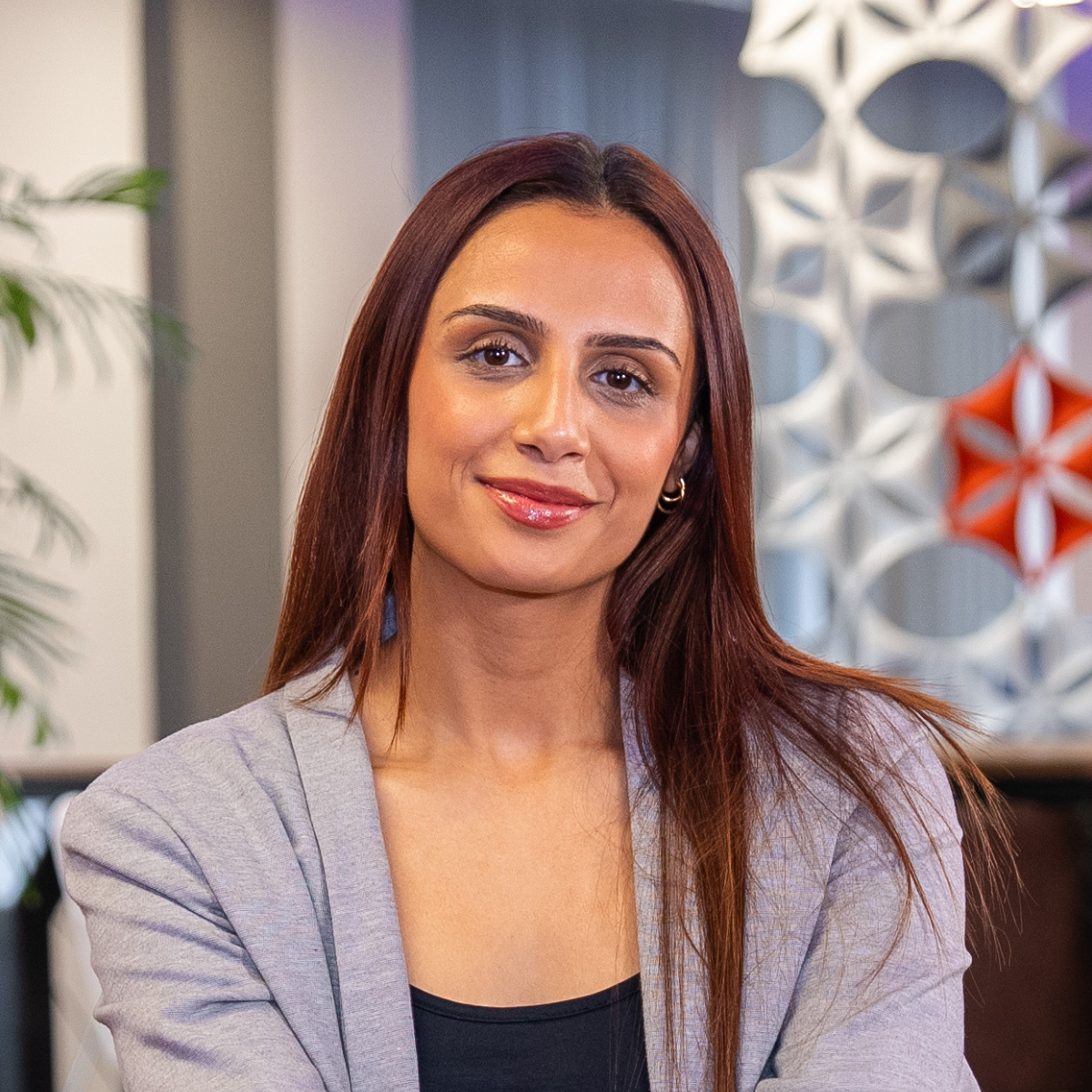Abstract Activity | Abstract Group.
Equality in Technology Engineering Workshop
 Mia Lockyer - Majid | Marketing Executive
Mia Lockyer - Majid | Marketing Executive
Aug 19, 2025 9:56:50 AM

At Abstract Group, we believe that technology should be a space where everyone can thrive. That’s why we proudly sponsor Equality in Technology (EiT), a community initiative dedicated to championing diversity, inclusion, and opportunity across the tech sector.
On Thursday 24th July, we hosted the Equality in Technology Engineering Workshop at our Leeds HQ, bringing together engineers, allies, and advocates to explore the challenges and opportunities for women in software engineering.
Creating Space for Conversation and Connection
The workshop began with a networking lunch, followed by an introduction to EiT’s mission: to elevate people from all backgrounds through community support, resource sharing, and meaningful connections. Attendees engaged in breakout discussions, sharing personal experiences and ideas for driving change.
Key Challenges Identified:
Imposter Syndrome
Imposter syndrome is affecting women in engineering even at the application stage, with many attendees noting that women often choose not to apply for roles unless they meet 100% of the listed criteria. This self-doubt continues into the workplace, where women may hesitate to speak up in meetings or ask for help, fearing judgment or being perceived as less capable.
Unconscious Bias
Participants described how their ideas and mistakes are often judged more critically than those of male colleagues. Several attendees had experienced comments related to age, appearance, or background, remarks not typically directed at male peers. This bias undermines confidence and reinforces exclusion.
Lack of Role Models
The absence of women in senior engineering roles was a recurring theme. Without visible role models, it’s difficult for women to envision long-term career progression or access mentorship from those with shared experiences.
Strategies for Inclusion and Advancement
Community Support: Code First Girls
Organisations like Code First Girls were highlighted as essential for helping women enter and succeed in tech. Their free coding courses, career support, and strong community provide tangible pathways into the industry, especially for those without traditional STEM backgrounds.
Inclusive Recruitment Practices
Attendees discussed how recruitment processes can unintentionally exclude women. Key suggestions included:
- Using inclusive language in job adverts
- Ensuring interview panels are diverse
- Training hiring managers to recognise and mitigate unconscious bias
- Avoiding rigid experience requirements that discourage applicants with transferable skills
Concerns were also raised about the use of AI in recruitment, which can reinforce historical biases if not carefully managed.
Mentorship & Networking
Structured mentorship programmes were seen as highly beneficial, especially when mentors are relatable and have navigated similar challenges. However, the lack of senior women in engineering roles limits access. Networking events were also seen as essential, but they must be inclusive and varied to avoid catering to a single demographic.
The Role of Allies
Career Frameworks & Feedback
Clear, transparent career frameworks were identified as crucial for ensuring fair promotion and salary negotiation. Allies can support this by advocating for structured feedback processes and equitable performance reviews.
Inclusive Events
Social events should be designed with inclusivity in mind. When events follow the same format repeatedly, they can unintentionally exclude certain groups. Allies should ensure that activities reflect a range of interests and backgrounds.
Proactive Inclusion
Diversity should not be the sole responsibility of minority groups or dedicated roles. Allies, especially those in leadership, must actively consider diversity in decision-making, team composition, and culture-building.
Ally Events
After discussing the importance of allies, attendees highlighted the need for educational events specifically designed for allies. These events can help allies understand how to support diversity within engineering teams. It was noted that some allies may feel hesitant to attend events perceived to be for women or minority groups, fearing they might intrude. As a result, they miss out on learning how to make a positive impact. Creating dedicated spaces for ally education can bridge this gap and foster more inclusive teams.
What’s Next for Equality in Technology?
Participants expressed strong support for future ally-focused events, recognising that many allies want to help but may feel unsure about how to engage. Creating open forums for discussion, where underrepresented voices are heard and respected, remains a core priority for EiT.
Thank you to everyone who attended and contributed to the conversation. Together, we’re building a tech industry that works for everyone.
Follow Equality in Technology on LinkedIn to stay updated on future events and resources.







